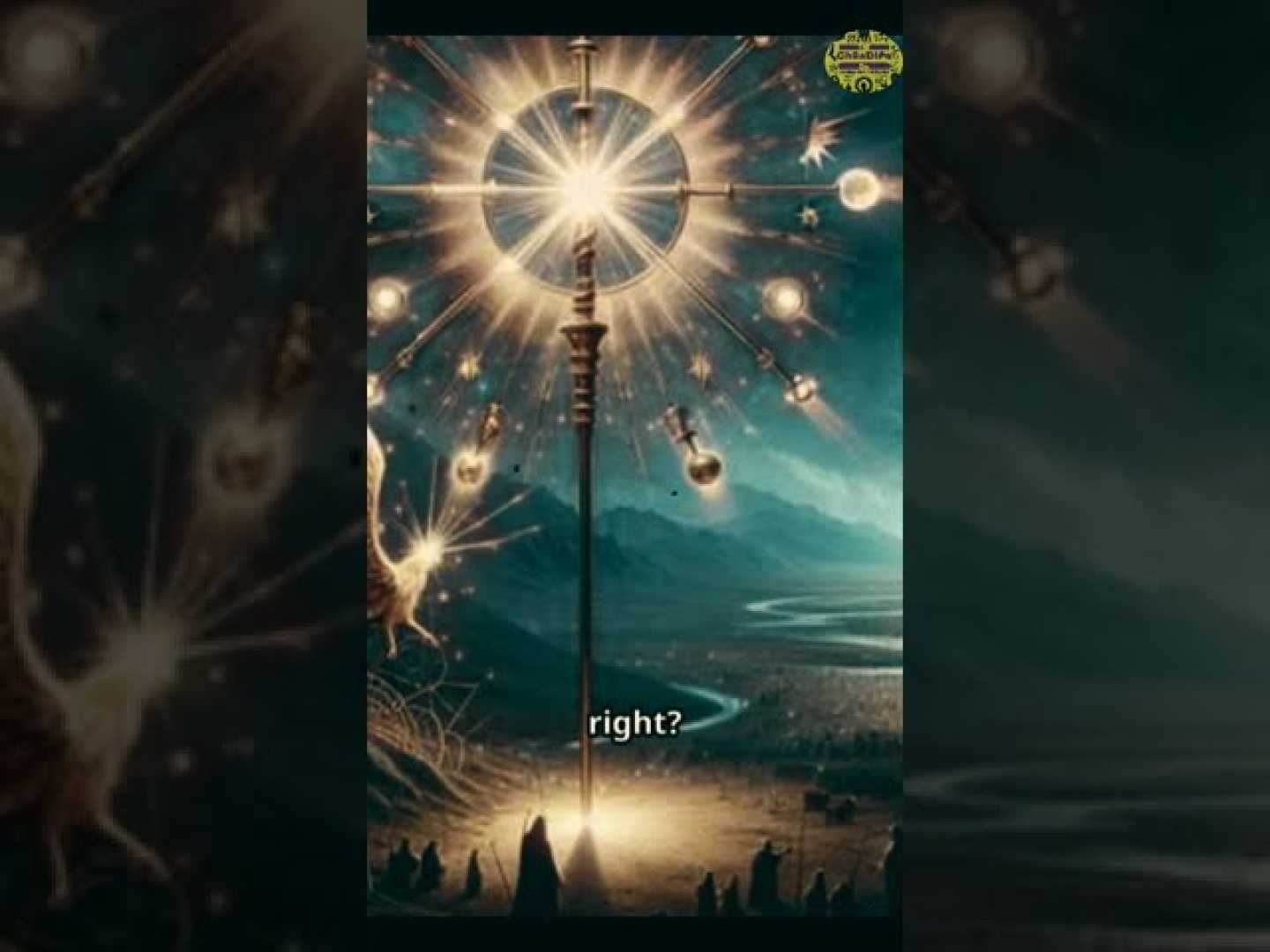News
TikTok Prophecies Spark Debate Over “Star of Jacob”

Reports of the so-called “Star of Jacob” reappearing in Earth’s orbit have ignited a fervent discussion on social media regarding religious prophecies and biblical interpretations. This phenomenon gained attention after a viral video by a TikTok user named Jacob Rutkowski, who claimed that an asteroid entering Earth’s orbit on September 29 marked the fulfillment of the “Star of Jacob” prophecy.
In his video, Rutkowski suggested that the appearance of the star indicates the imminent return of the Messiah, echoing the biblical tales where a star led the wise men to the birthplace of Jesus Christ, traditionally referred to as the Star of Bethlehem. “This star is not just your ordinary star,” Rutkowski emphasized, “It shows us that our King is coming very soon.”
The biblical reference to the “Star of Jacob” is found in the Book of Numbers, verse 24:17, which narrates the prophecy given to Balaam, a non-Hebrew prophet serving King Balak of Moab. The prophecy foretells the emergence of a star from Jacob, symbolizing the birth of a righteous king.
As discussions spread across TikTok, contrasting views emerged. Some users speculated that the current celestial sighting might be Jupiter or Sirius, dismissing the idea of a biblical prophecy. Others claimed to witness the star themselves, asserting their belief in its divine significance.
Julian James, another TikTok user, echoed the sentiments of a sign from God, “The Star of Jacob has just reappeared in the sky. This star has not been seen for over 2,000 years since Jesus was born.” Meanwhile, skeptics argued that the sightings were merely other celestial bodies, emphasizing the metaphorical nature of biblical texts regarding stellar phenomena.
The asteroid in question, identified as 2024 PT5, was first discovered by NASA‘s Asteroid Terrestrial-Impact Last Alert System (ATLAS) on August 7. This “mini-moon” is predicted to stay within Earth’s gravitational field until November 25. Researchers tracking its orbit suggest that its brief presence near Earth has sparked unintended theological debate.












